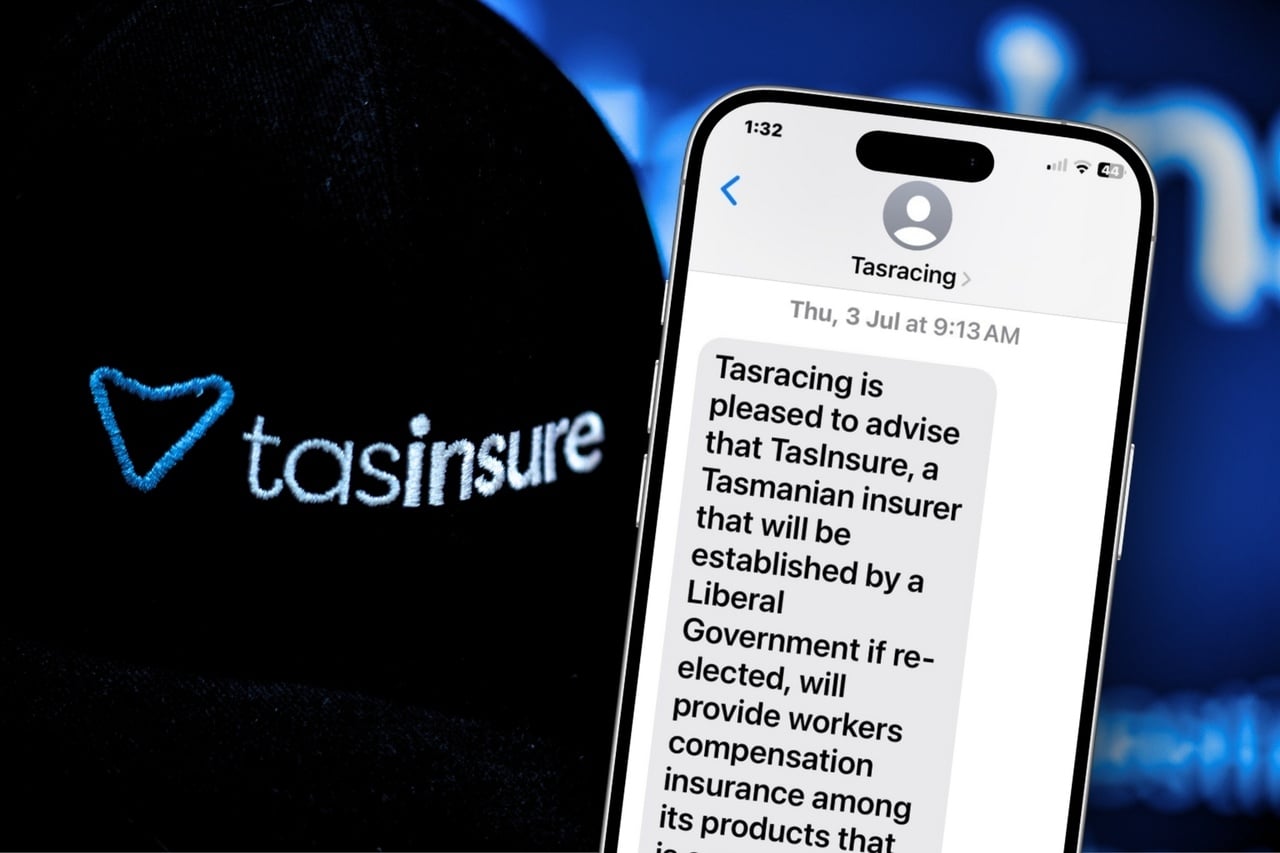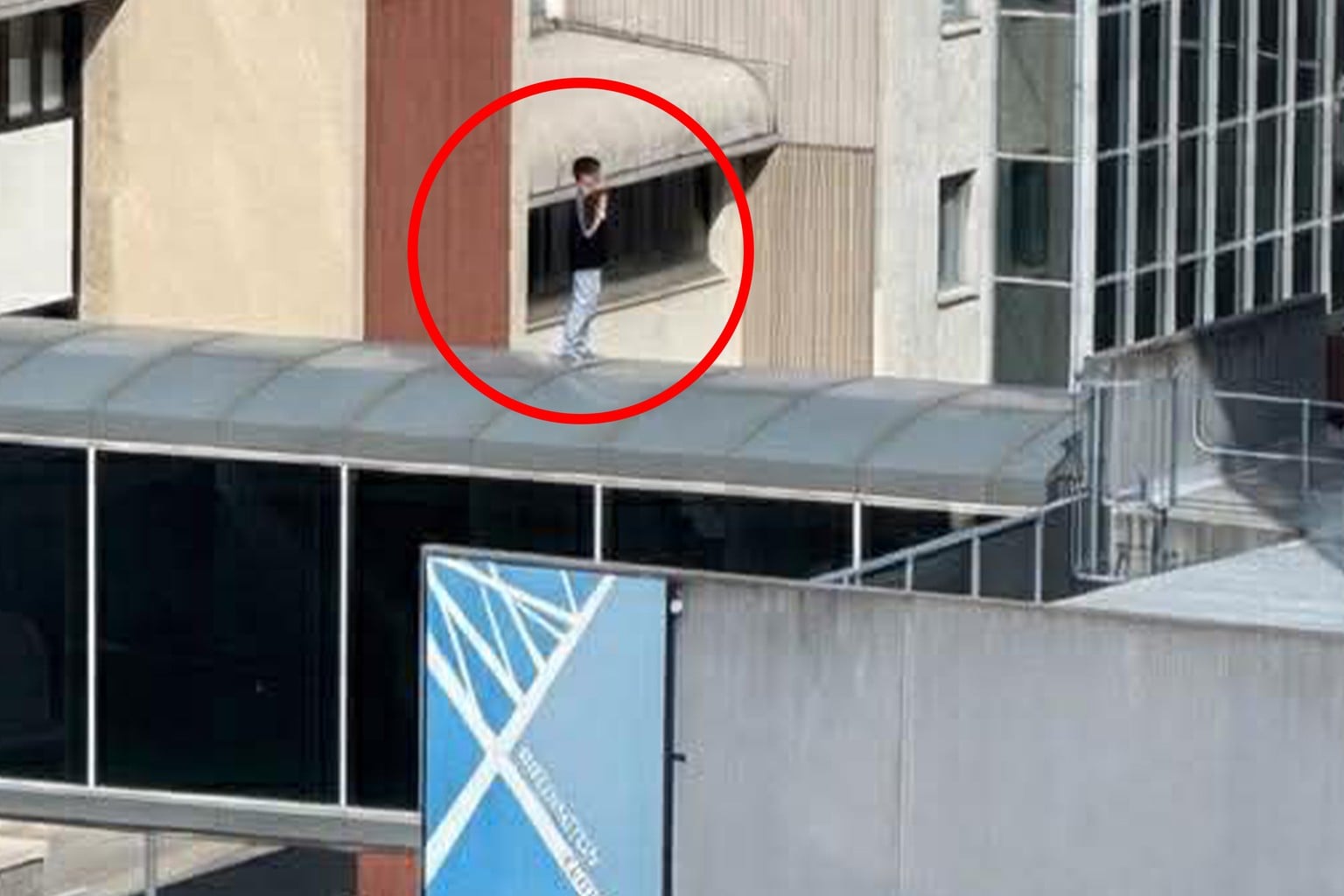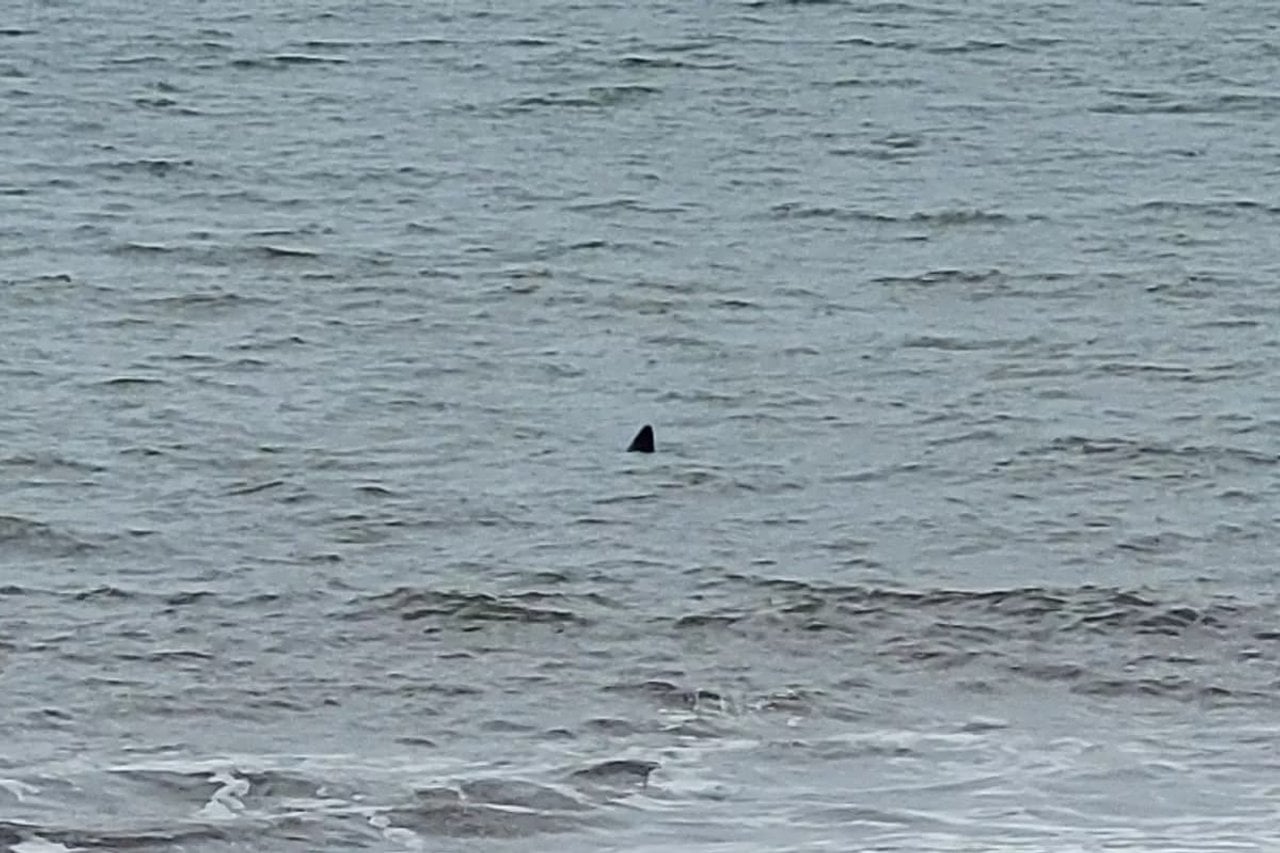Thousands of Tasmanian cats are at risk of becoming untraceable after a major national microchip provider stopped operating.
HomeSafeID, a microchip and registry company used by vets and animal shelters for years, has not been contactable since December.
Hobart’s TenLives Cat Centre President Paula Wreidt said around 9,000 cats adopted from the shelter over many years could be impacted by the company’s apparent closure.
10 Lives stopped using the provider late last year when they began having trouble contacting them.

“Our emails weren’t being answered, they weren’t answering their phone, and we resorted to letters being sent in the mail and they were returned to sender,” Wreidt said.
“We’re trying to get on the front foot, make sure that our clients who have adopted cats from 10 Lives are aware that they need to change to a new provide.”

Wreidt said the shelter is urging anyone who has adopted a cat from 10 Lives to check their website for information on how to activate their microchip with another provider.
“We really need to get the message out that if you have adopted a cat from 10 Lives, then we’d like you to be aware that this is the case,” she said.
Under the Cat Management Act 2009, it is mandatory for all cats over four months of age in Tasmania to be microchipped.
Wreidt said it is also important to keep details up-to-date, providing an opportunity for people who have moved house to update their address.

“This is a serious matter that is affecting 9,000 cats from 10 Lives Centre alone,” Wreidt said.
“If you consider how many cats there would be all around Australia, we’re talking potentially millions of registrations that have been impacted.”

Wreidt hopes other animal welfare organisations around the country that use the same provider will follow their lead and alert their clients.
“One of the main concerns is that if somebody doesn’t have a cat registered and it gets out, that it can’t be reunited with its owners.”
Wreidt said the situation highlights the need for a single centralised database for microchipped cats.
“It would be ideal to have one central one and far simpler,” she said.







